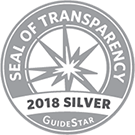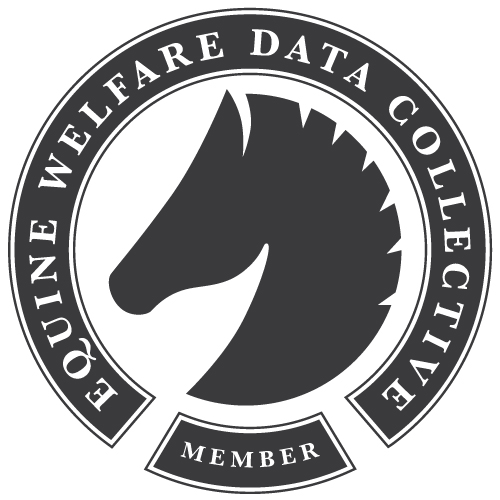‘The greatness of a nation and its moral progress can be judged by the way it’s animals are treated’ ~Mahatma Gandhi
As we venture on a precarious journey to care for 19 horses who were victims of starvation, the most cruel form of abuse, we take a moment to reflect on how these horses were failed. Failed by the owners entrusted with their care. Failed by a system, put in place to protect and failed by the human race as a whole. It is almost inconceivable that this could happen in a nearby local community. A communiy no different than the communities that we all call home.
There are so many questions. Why didn’t someone intervene sooner? Why did the owners allow this to happen when others on the property were well fed and cared for? How long had this been happening? Will someone pay for what they have done? All the while we are mindful of what these animals have experienced and are continuing to experience, medically, physically and emotionally.
Starvation is a severe deficiency in caloric energy intake, below the level needed to maintain an organism’s life. It is the most extreme form of malnutrition and is considered a form of torture. Prolonged starvation can cause permanent organ damage and eventually death. By its very definition, starvation is a process. Despite the cause, starvation takes about the same course and consists of three phases. The events of the first two phases happen even during fairly short periods of the absence of intake, a week, maybe two. The third phase happens only in prolonged starvation and may end in death.
Each horse is experiencing his or her circumstance in a different way depending on many factors. Some are adjusting, some continue to struggle. Just a few of the signs of starvation include:
A skeletal frame with a BCS below 3.5 on the Henneke Body Condition Scoring (BCS): {the backbone is prominent but fat covers to the midpoint, slight fat layer over the ribs, tail head is evident, withers, shoulders and neck are emphasized, enlarged abdomen, constipation, diarrhea, poor or abnormal manure output, foul smelling manure, loss of hair, low hanging head, dull & expressionless eyes, nervousness, laying down a lot, Colic, stereotypic behaviors including cribbing and repetitive movements, disproportionately large head compared to the body, dull or shaggy hair coat that won’t shed, depression, motionless tail and ears, lethargy, lack of interaction with herd mates, unable to rise without assistance, difficulty swallowing, jaundiced eyes, inability to eat and eventually, possibly death.
As a rescue, our first priority is to assess, prioritize and to provide immediate measures to attempt to stabilize the most critical of these forsaken creatures. The vast majority of the horses brought in showed a BCS score between 1 and 1.5. For now, the questions regarding culpability will have to wait. All horses are being given immediate life saving treatment with a special emphasis on the weakest of the herd. Staff and volunteers from near and far have converged on our facility to help get the herd settled in.
It has now been 4 days since the first horse was unloaded off the trailer and our worst fears were realized. We are proud to say that all seem to be improving. We know we have many hurdles ahead and not one animal is yet to be considered stable, but together with our local community, the corporate community, The Right Horse Initiative, The ASPCA, our equine community and the world, thanks to social media, we know that we are not in this alone. As we ponder the answers to the questions above, we realize that some may never be answered and we may unfortunately, have to accept that fact.
Our most sincere hope is that these horses did not suffer in vain. That their plight will inspire those who may not have acted to now become involved in finding a solution to what has become a national tragedy. We need a better system to help horses that are at risk of falling through the cracks. We need horse owners to consider the consequences of ownership, breeding, purchasing or being involved in any way with these noble beings who are entrusted to our care.


